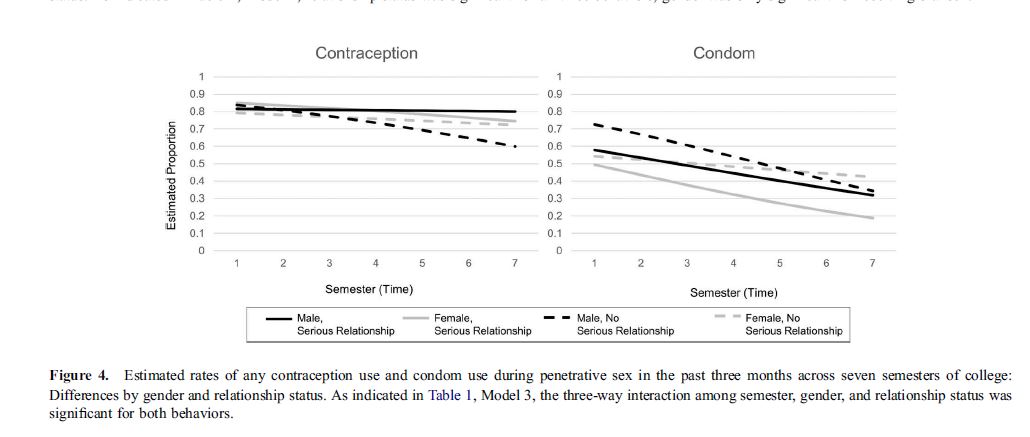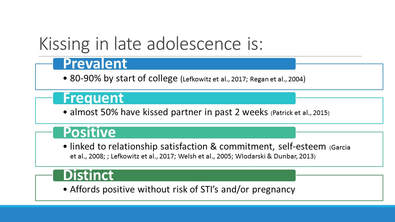- Assistantships: The most common type of doctoral funding is through an assistantship. Usually, you work a set number of hours per week and then the assistantship covers your tuition and a stipend and usually provides access to health insurance. Usually, your assignment is as a teaching assistant, a research assistant, or a combination of the two. For some programs, teaching your own course is another option in an assistantship position. Number of hours varies; for some programs the norm is 10 hours per week of work; for others 15 or 20. Assistantship rates vary dramatically by program. In 1998 when I was admitted to developmental psych doctoral programs, one program offered me $7000 a year, and another $12000. But, when comparing assistantship rates at multiple programs, don’t just think about the dollar amount. You also need to consider the number of hours of work, and, perhaps most importantly, the cost of living. Affording rent as a UConn graduate student while living in northern Connecticut is vastly different from affording rent in Boston, for instance. You can look at UConn’s current rates as one example.
- Paid hourly labor: Some programs hire students in various roles on an hourly basis, particularly students who were not guaranteed funding. Paid labor would not cover with tuition support. Departments or faculty may hire you to grade papers, to work on a research project, to do departmental tasks, or in the case of clinical programs, to work as a clinician. Unlike an assistantship, this type of funding does not include tuition coverage. Increasingly, graduate students are becoming unionized, and in some instances, the union prevents departments from hiring students for an hourly rate.
- University fellowship at entry: Many universities have fellowships that they use as recruiting tools. These are usually either for your first year, or for 2 or more years beginning at entry to the doctoral program. Usually you will learn about this fellowship either when you are admitted, or some time before the April decision deadline. Many programs do not even require that you separately apply for such a fellowship – you learn about it after you are admitted. These fellowships usually cover your tuition and provide an (often generous) stipend and access to health insurance. Sometimes there are specific fellowships for students from underrepresented ethnic/racial groups. Here are examples from UConn.
- University dissertation fellowship: Universities often have 1-2 year fellowships. These often (not always) are specific to your last/dissertation year. Often they come from endowments – someone donated to the university to support graduate students in a specific area. They may be specific to a discipline or area of study, or may be more general. They usually cover tuition and provide a stipend and access to health insurance.
- University scholarships: Here, I distinguish between fellowships, which cover tuition and a (hopefully) livable stipend, and scholarships, which are a lump sum but do not include tuition. Note that some awards are named fellowships but do not include tuition. Many universities have these smaller scholarships, at the department, college, or university level. They may offer anywhere from a couple hundred to several thousand dollars. They may be very specific to an area of research, for any dissertation research, or may have certain other criteria (e.g., service to the university). You may have to apply, or your department may have to nominate you. These rarely provide enough money that they can be your only source of funding.
- Institutional training grants: As I described in my post about post docs, this category includes T31’s from National Institutes of Health, which are relatively common in HDFS and related fields. A team of researchers at your university will have already applied for and secured the training grant. So, your application process is generally not immensely complicated, and is internal to the university. These address a specific topic (for instance, at UConn there is one on the social processes of HIV/AIDS). Support on a training grant usually involves a commitment to attend a seminar and/or speaker series, to identify multiple mentors in the area, and to commit to research on that topic for a 2-year period. Depending on the training grant directors, they sometimes involve a stipulation that you cannot do research assistant tasks but instead must be involved in more independent research processes like analyses and writing for your own work. They usually come with a fair bit of professional development training – activities such as support for writing papers, support for writing and submitting grants, and support for going on the job market/applying for post docs. When the PI’s apply to renew the T32, they usually have to report on the current status of all of their alumni, which makes the team of mentors highly invested in their fellows’ success.
- External Individual training grants: The most common one related to HDFS (and psychology) is the F31 from NIH. It requires that you put together a training plan – not only the research you plan to do, but all aspects of training. How do you plan to train to be the scholar you want to be by the end of the plan? It may include, for instance, mentoring in fMRI if your dissertation will require techniques you have not yet used. It might include specific advanced methodology courses. The training plan should include a lot of detail on your activities, not only your specific research study. F31s are generally very involved applications to write, and then provide stipend and tuition for 2+ years of doctoral study.
- External fellowships: These include a huge range of possible fellowships. Perhaps the best known (and funded!) is from NSF, which provides 3 years of generous support for students from a range of disciplines. Students generally apply in their second year of graduate school. It may cover one year, or multiple years.
- External scholarships: To be clear, a lot of these programs actually call themselves fellowships, but I’m using the term scholarship to indicate that they do not cover tuition. Some universities will provide a tuition grant when students receive this type of funding. Sometimes the stipend amount is generous enough that you can cover tuition and still have enough for living expenses. Sometimes it is only a couple thousand dollars (which can still help, just isn’t enough to support you). These are often one year, frequently the dissertation year. They may be general to social science, they may cover a specific topic, may require membership in a specific organization, or they may be for a specific group of scholars, e.g., women, underrepresented ethnic/racial minorities, individuals from a specific country, etc. Sometimes they may specifically provide support for international travel or research outside of your university’s country, either generally, like the Fulbright, or to a specific country. Sometimes universities will let you have an assistantship and this type of external funding – and other times not. So it’s important to check with your university if the amount will not be enough for you to support yourself.
- External grants: Rather than providing money to the individual per se, grants cover funding for a specific project. Applying often involves a budget, and the funds should be used to cover research expenses, such as travel, data collection, and/or data analysis. More so than other external sources, they very frequently involve a particular discipline or topic.
- Dissertation completion fellowship at other institution: Increasingly, I’ve noticed specific universities offering support for dissertation year funding for students from other universities to be in residence at their university. Sometimes this arrangement involves some teaching, other times not. It seems more common, though not limited to, smaller, prestigious liberal arts colleges that do not have doctoral programs. Often, they involve the potential for future employment by the university. These fellowships frequently are specific to students from underrepresented ethnic/racial backgrounds to improve the university’s diversity long term.
Of course, students sometimes have jobs outside of their university. Other students work full time and attend school part time. And students sometimes take out loans to support their graduate education. Here, I focused on funding related to your graduate training.
What did I miss? Feel free to comment or email me if you believe I neglected another form of funding.
“Different types of funding during graduate school first appeared on Eva Lefkowitz’s blog on September 27, 2018.”



 RSS Feed
RSS Feed
